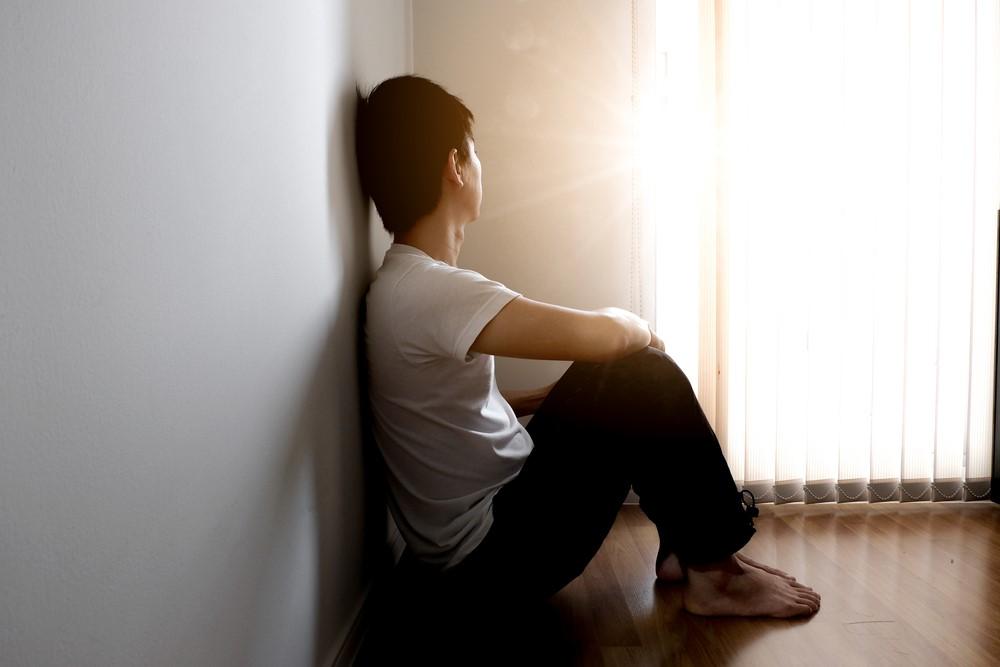
State Rep. Rob Nosse, D-Portland, said Monday that House Bill 2544 may be the shortest bill of the legislative session, but it tackles a big problem: Oregon’s longstanding lack of residential programs to treat people with substance use or mental health disorders.
Just a paragraph long, the bill Nosse is sponsoring seeks to create more treatment options for people who don’t need the Oregon State Hospital’s intensive care but may not be ready for outpatient services. The bill’s price tag has yet to be determined. If passed, it would be the latest effort to shore up a segment of Oregon’s mental and behavioral health system that’s contributing to the state hospital’s chronically short capacity.
“Every day we see people that are stuck in the system,” Dave Boyer, managing attorney for Disability Rights Oregon told the Oregon House Behavioral Health and Health Care Committee on Monday. “They’re stuck in jails, they’re stuck in the Oregon State Hospital and they’re only stuck there because there’s no placement for them.”
Boyer said that federal law prohibits states from keeping people with mental disabilities in institutional settings after they’ve been deemed ready for community-based settings.
Residential treatment facilities are limited to 16 beds. Unlike the state hospital, the Medicaid-funded Oregon Health Plan will pay for patients’ care in these settings, meaning the operating cost will be partially shouldered by the federal government. But first, they need to be built.
Nosse, the committee’s chair, said lawmakers allocated approximately $130 million in 2021 to open more residential treatment facilities as well as secure residential treatment facilities. By June all of that money is expected to be contracted out and the Oregon Health Authority has another $63 million in unfunded requests, he said.
Citing health authority estimates, Nosse said that $178 million is required to create about 282 more residential beds. He said the previous allocation funded 198 beds.
Additionally, the Oregon Health and Sciences University has estimated the state needs 311 beds for people with substance use disorders at a cost of about $300,000 per bed, said Nosse. That means another $93 million.
Nosse said he plans for the bill’s final price tag to be determined by the Ways and Means committee, which considers funding requests for the state’s budget that’ll be determined during the current session.
“We all know how desperate our state needs more treatment beds of all kinds to come online,” said Nosse. “We have some shovel-ready projects, we have some that have applied for grants and we simply just don't have the funds for them to break ground.”
The committee heard testimony from across the state about the need the bill is intended to address.
State Sen. Dick Anderson, R-Lincoln City, said that despite the “skyrocketing overdose deaths and record levels of addiction” there are no residential treatment services in his district and residents must travel up to 300 miles to Baker City for services.
“I can only imagine the outcry that would come if every patient from Portland who needed residential treatment had to be shoveled hundreds of miles outside the county to receive overnight care,” he said.
Dr. Lesley Ogden, chief executive officer of Samaritan North Lincoln Hospital and Samaritan Pacific Communities Hospital, told the committee that a community-led effort is underway to build a residential treatment facility in the area. While $5.7 million has been raised for the $10 million required for the facility for remodeling a facility and to build 8,000 square feet of additional space, state support is needed to make it a reality, she said.
Others said the funding will help but there remain issues with hiring and keeping staff.
Julie Ibrahim, CEO of mental health services provider New Narrative, told the committee that state funding will allow her group to add 37 beds to its residential treatment capacity, bringing its total bed count to 122. She said her organization would like to add 24 more beds.
“But I worry about being able to staff them,” she said. “We had to temporarily close one of our residential treatment facilities in January because of staff turnover. And we have just now hired enough staff to reopen this month. The investments the Legislature is making will only work if we acknowledge the increasing costs of retaining and growing workforce.”